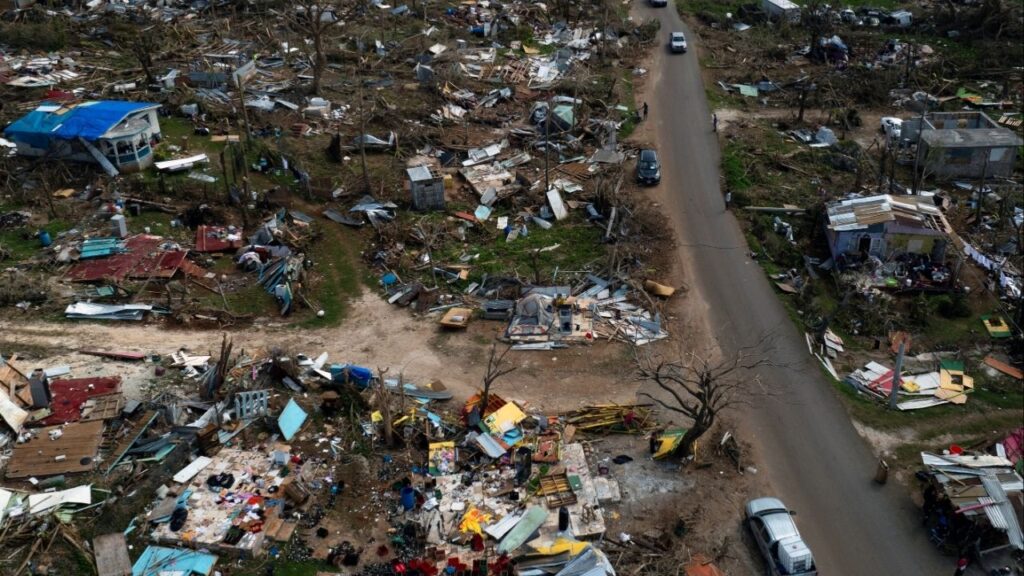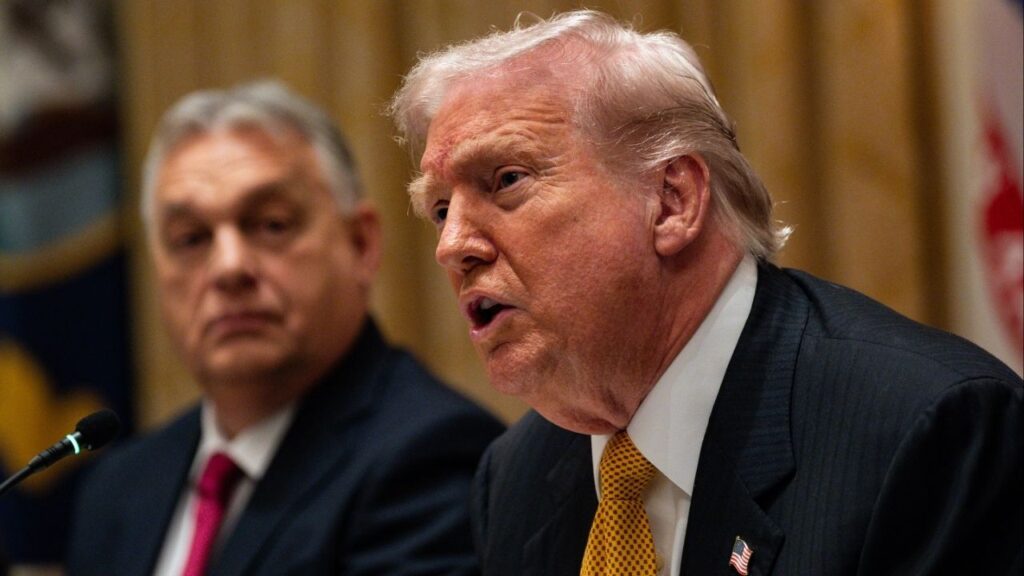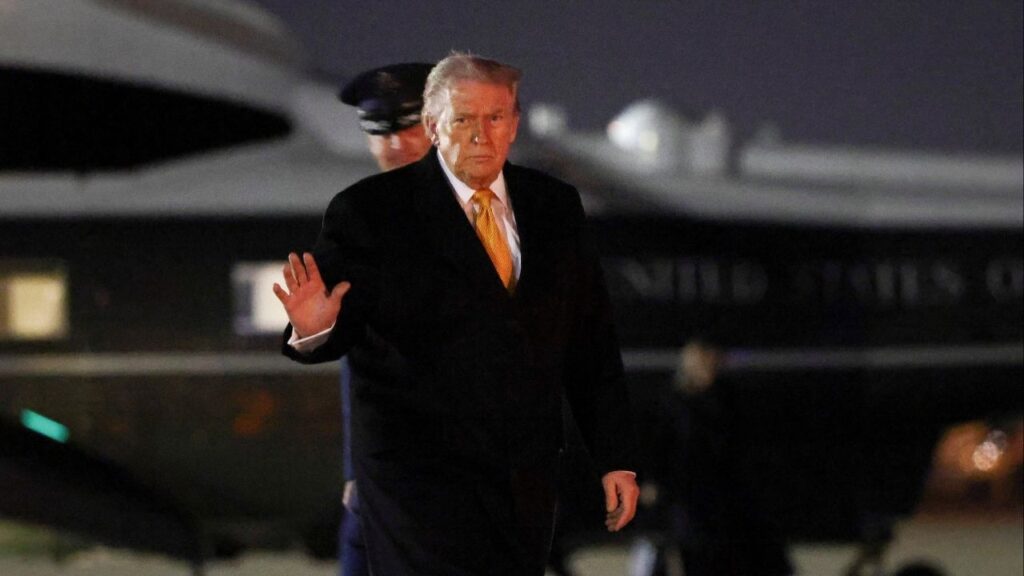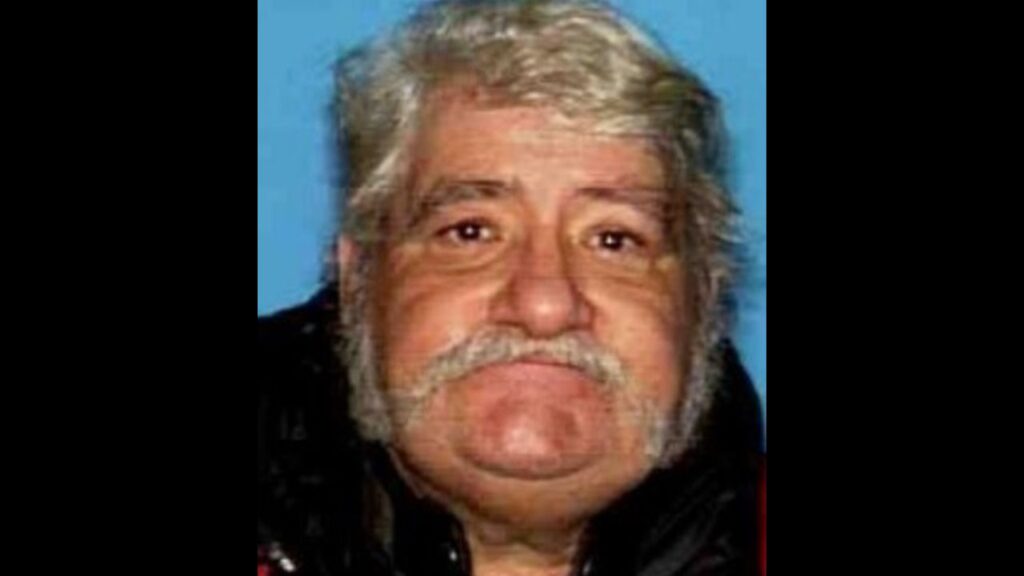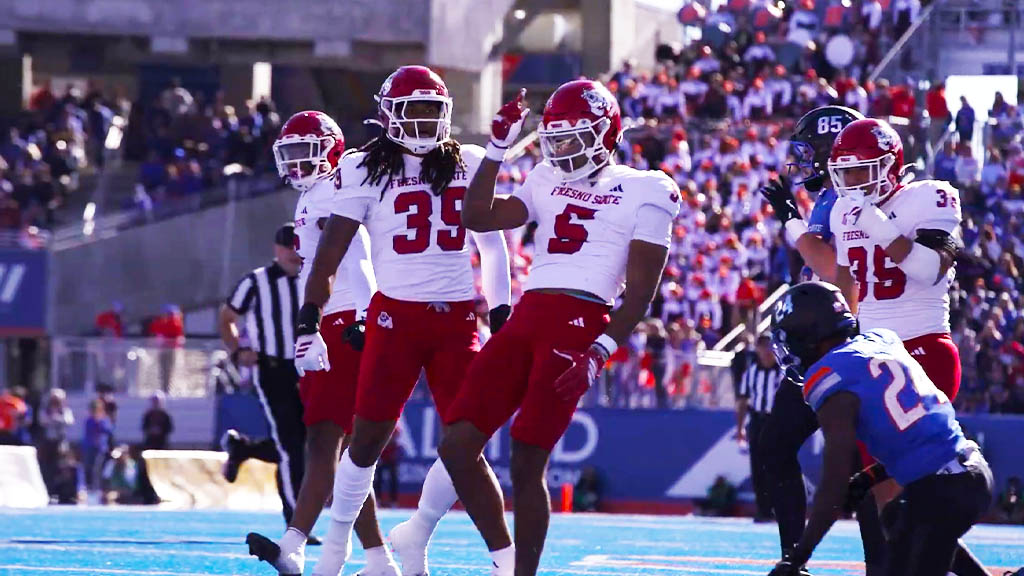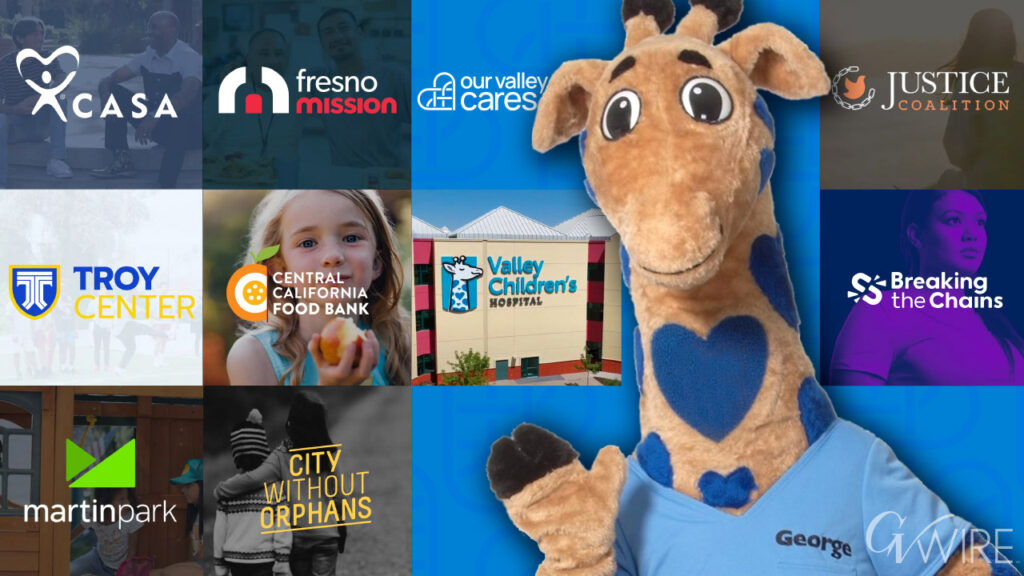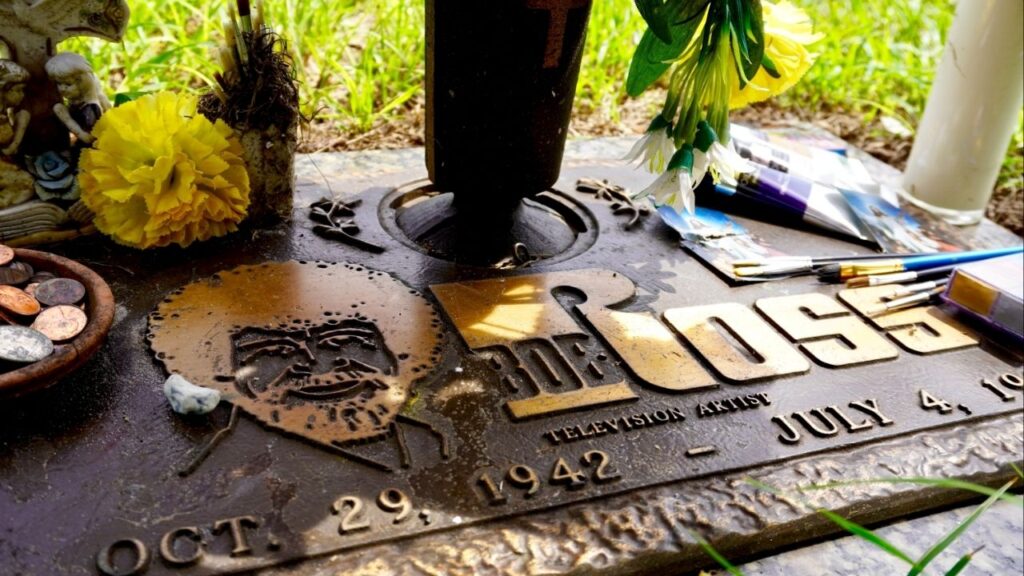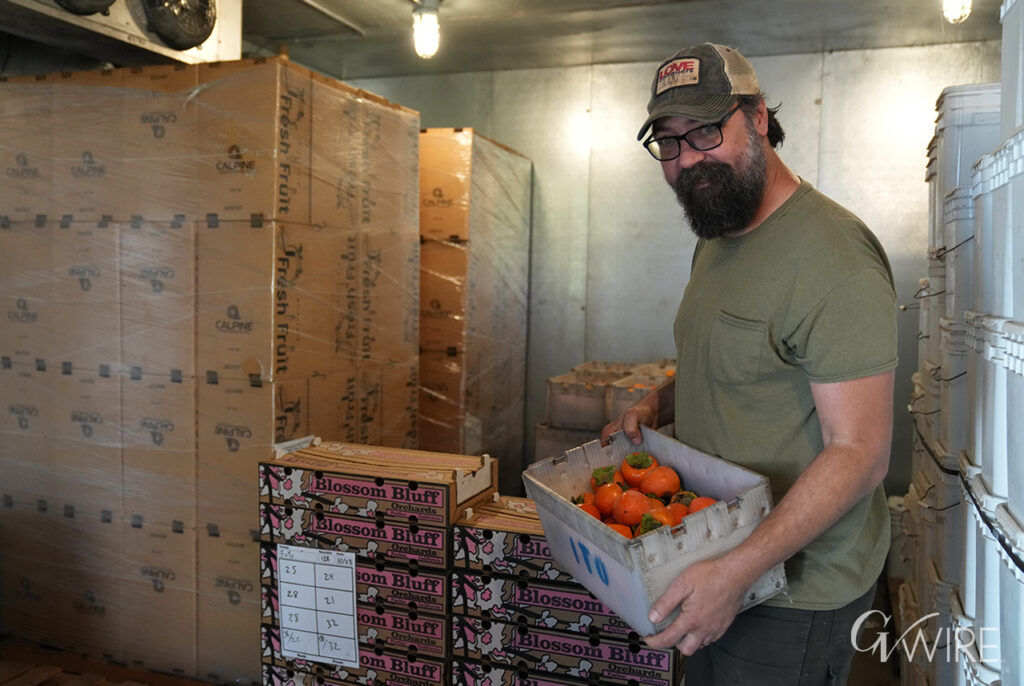Indigenous communities in Merced County preserve their culture year-round, not just during Native American Heritage Month. (The Merced FOCUS/Christian De Jesus Betancourt)

- Local tribes emphasize land stewardship and spiritual connection to preserve their heritage and protect sacred sites.
- Merced City Council's proclamation recognizes Native American communities, but leaders stress need for ongoing support.
- Upcoming "Healing of Our People Powwow" offers immersive experience of Native American traditions and culture.
Share
|
Getting your Trinity Audio player ready...
|
For members of the Indigenous community in Merced County and California, “Native American Heritage Month” is a year-round effort to protect and preserve their culture and traditions.

Christian De Jesus Betancourt
The Merced FOCUS
“Humankind has not woven the web of life. We are but one thread within it. Whatever we do to the web, we do to ourselves. All things are bound together. All things connect.”
― Chief Seattle, Susquamish chief
The gold rolling hills, clear crystal rivers and fertile soil of California’s Central Valley are so much more than a resource for Joe EagleGrizzlyBear.
As head chief of the United Tribes of California, EagleGrizzlyBear views this land as a sacred inheritance, a living entity, and reminder of humanity’s interconnectedness with nature.
“The land owns you,” EagleGrizzlyBear explained. “Where are you going to go? You have to go back to the land because the land owns you.”
For EagleGrizzlyBear and other Indigenous people, this land has been home to the Yokuts, Miwok, Mono, and Paiute tribes for thousands of years.
These tribes thrived across California’s Central Valley, each with unique languages, cultural practices, and a symbiotic relationship with the environment.
“They always migrated back and forth with the weather,” explained EagleGrizzlyBear, illustrating how these communities adapted seasonally to the Valley’s changing conditions. “This valley was full of water once.”
Living harmoniously with the Valley’s environment, these tribes embody a legacy of resilience and reverence for the land that’s both practical and spiritual.
Many Americans recognize November as “Native American Heritage Month.” It’s no different in Merced, where a large event dedicated to the Native American community is scheduled to take place Nov. 30 (more on that later).
Similarly, Merced City Council recently recognized local tribes with a special resolution – a tradition that happens every November.
But for members of the Valley’s Indigenous community like EagleGrizzlyBear, appreciating Native American culture doesn’t happen just for one month – it’s a daily way of life. It’s also how tribes have maintained their connection to this land and fought to protect it.
“Columbus didn’t discover anything. We were already here. Claiming land and thinking you can own it — that’s not our way.”
Joe EagleGrizzlyBear
Protecting the Legacy
Ensuring the traditions, history and ways of life are preserved for future generations is of utmost importance to members of the Valley’s Indigenous community, like EagleGrizzlyBear.
EagleGrizzlyBear emphasized the importance of relationships and mutual respect in preserving native heritage and protecting sacred sites. He detailed to The Merced FOCUS his role in ensuring that ancestral remains and artifacts are treated with respect.
“We make sure the land is well respected as much as we possibly can,” he said, describing how cultural monitors like himself work with companies and local governments to oversee excavation projects.
“If they uncover remains or artifacts, we stop the digging and bring archaeologists to verify. If it’s ours, the project stops.”
The UTOC Nation, which EagleGrizzlyBear represents, includes members from tribes from California to Oklahoma.
Keeping the legacy of Native peoples intact is a lot of work, particularly given the U.S. government’s lengthy history of broken promises, lies and failture to uphold treaties. “It’s about respect — us respecting them, them respecting us, and everyone respecting the land,” EagleGrizzlyBear said. “This land owns you. You don’t own the land.”
Related Story: What Is Indigenous Peoples Day? A Day of Celebration, Protest and Reclaiming ...
Beliefs, Philosophies and Land Stewardship
The profound respect local tribes have for the land shapes their customs, fuels their resistance to environmental and cultural threats, and embodies a stewardship philosophy rooted in harmony and balance.
It also includes spiritual ceremonies, like prayers before taking from nature. “There’s a ceremony for everything that we do,” EagleGrizzlyBear explained.
“If we’re going to take a tree down, whether it’s for wood to heat our home or to cook, we pray over that tree. We thank that tree. When we hunt, we tell the Creator, ‘We need to feed our family,’ and when an animal gives its life for us, we don’t waste any of it. It’s used to make tools, drums — everything has a purpose.”
The tribes’ philosophy extends beyond the environment, encompassing humanity as a whole. Their teachings promote unity, compassion, and mutual respect, regardless of race, religion, or background.
Despite centuries of colonization, forced displacement, and environmental encroachments, Native communities in the Valley continue to persevere.
Native American customs, deeply rooted in spiritual traditions, remain vital to their identity.
EagleGrizzlyBear highlighted his group’s efforts to maintain sacred traditions. That has included building sweat lodges with blessings and support from local elders and honoring the interconnectedness of all people and the earth.
“Thanksgiving isn’t something we celebrate,” he added. “Columbus didn’t discover anything. We were already here. Claiming land and thinking you can own it — that’s not our way.”

“Even though there is a proclamation, we have much work to do in repairing the loss and suffering of our people.”
Martha Armas-Kelly
Getting Overdue Recognition and Respect
Despite centuries of disrespect and genocide Native Americans and Indigenous people have endured, in recent years there have been efforts locally to help heal generational wounds.
For example, on Nov. 18 the Merced City Council recognized the importance of Native American communities with a special proclamation in honor of Native American Heritage Month.
The ceremony, led by Mayor Matthew Serratto, featured heartfelt reflections, a traditional song, and a collective acknowledgment of the region’s Indigenous roots.
Related Story: ‘Fancy Dance’ With Lily Gladstone Balances Heartbreak, Humor in Story of a ...
“During Native American Heritage Month, we celebrate the rich tapestry of Indigenous peoples and honor their sacrifices, which are inextricably woven into the history of this country,” he said.
Martha Armas-Kelly, an advocate for UTOC, spoke about the importance of reclaiming and preserving Indigenous culture. “We honor our ancestors today in this space,” she said. “Even though there is a proclamation, we have much work to do in repairing the loss and suffering of our people.”
For EagleGrizzlyBear and Armas-Kelly, the proclamation is a meaningful acknowledgment, but they emphasized the need for continued efforts to support Indigenous communities and address past injustices.
Armas-Kelly highlighted the cultural contributions of Indigenous people, from practices like permaculture and reforestation to their enduring environmental stewardship, which aligns with modern efforts to combat climate change.
EagleGrizzlyBear recounted efforts to honor Native ancestors, including reclaiming and respectfully reburying remains stored in local morgues for years. “It should never be that way,” he said. “We’ve worked with the city to ensure our ancestors are treated with respect and that this never happens again.”
EagleGrizzlyBear also called for unity, emphasizing the importance of collaboration among tribes and city officials.
“We’re about unity with all of you, to come together in a good way,” he said. “It’s not about a piece of paper — it’s about building relationships with the Native American people of this land.”
The city hall ceremony featured a moving performance by “Medicine for My Sisters,” a Native American women’s drum group composed of members from various tribes.
Their song, sung a capella by Aiyana Eagle, offered in honor of ancestors and unity, resonated through the council chambers, creating a moment of reflection and connection.
Sylvia Rodriguez explained the Native American drum group’s purpose. “Our goal is to help spread healing within the urban Native women that are out there, that are suffering from being separated from our culture,” she said. “They want to learn our culture. And so we do prayers, songs that teach the language. Each of us, we encourage.”

The drum, central to Native identity and traditions, is “a sacred tool,” Rodriguez explained. “That’s why when you play the drum, you’re expected to be walking the red road. You’re expected to be holding it in high regard because it’s ours.”
The song they performed was about resilience and healing, as described by Eagle.
“It’s about a person moving from community to community to spread healing as well as staying strong,” she explained. “Even though they go through a lot of ups and downs in life, they have to stay strong. That’s what the song is.”
By singing in Lakota, Medicine for My Sisters keeps their language alive and fosters healing among urban Native women, many of whom feel disconnected from their cultural roots.
“We all sing our different songs, share them, and that’s how we’re learning our language,” Rodriguez said. “That’s how we’re learning our healing. That’s what our circle promotes. It’s healing for women. That’s why we call it Medicine for My Sisters.”
Coming Together in the Spirit of Healing
One of the region’s largest events geared toward educating the public about Native American cultures is coming up next week.
The sound of drums, the aroma of traditional food, and the shimmer of regalia will fill the Merced Multicultural Arts Center (MAC) from 10 a.m. to 6 p.m. Nov. 30 at the “Healing of Our People Powwow.”
The event will take over all three floors of the MAC. The third floor will serve as a space for performers, musicians, and tribal VIPs, while the first two floors will be open to the public.
The day will include performances, vendor booths and opportunities to connect with the Native American community.
For EagleGrizzlyBear, the Powwow represents more than a cultural gathering — it’s a sacred offering to the Merced community, bringing together tribes to honor traditions and share their identity.
Organized by UTOC, the event promises an immersive display of tradition, music, and dance, celebrating the diverse heritage of tribes across California and beyond.
The event will begin with the gourd dance, a spiritual centerpiece of the Powwow rooted in the traditions of the Kiowa Apache from Oklahoma, performed to bless the land and those gathered.
“These songs are sacred songs,” EagleGrizzlyBear explained. “They’re prayer songs to bless the land and everyone in the area. Gourd dancers, everything they wear has deep meaning, from the feathers to the buttons — they’re all part of who they are.”
The Powwow will feature southern and northern drum circles, providing rhythm for dancers adorned in intricate regalia — a far cry from mere costumes.
“Our regalia isn’t something off the rack,” EagleGrizzlyBear said. “It’s something we build with our own hands. Maybe your grandmother gave you a feather, and you’ll dance with it — it becomes a part of you.”
The daylong celebration will also include performances in the MAC’s black box theater, with instruments like flutes and drums providing a melodic backdrop to the event.
Related Story: Fresno Officially Celebrates Indigenous Peoples’ Day for 1st Time
In the center’s main gallery and second-floor space, Native American vendors will offer handcrafted jewelry, artwork, and other items steeped in tradition.
Adding to the festivities, food trucks will serve traditional fare such as Indian tacos and other Native American dishes, inviting attendees to experience the culinary side of Indigenous culture.
For EagleGrizzlyBear, the Powwow is about preserving authenticity and ensuring traditions remain untainted by commercialization.
“We wanted to bring something unique — authentic and real,” he said. “Our traditions have to stay that way. That’s why we brought the Powwows to Merced, to share who we are in the truest sense.”

Colton Dennis, MAC executive director, said the Powwow draws hundreds of attendees annually, filling the center to capacity.
The event has grown steadily in popularity, drawing as many as 800 people coming and going throughout the day last year.
Because of the number of people the event attracts, Dennis said he and the UTOC Nation are exploring potentially hosting it in a larger venue in the future, like the county fairgrounds or Lake Yosemite.
Dennis sees potential for the Powwow to grow into a major regional event eventually.
The Powwow’s enduring popularity is a testament to its importance, not only for the Native American community but also for Merced. It offers a chance to witness and participate in living history.
“It’s a gathering,” EagleGrizzlyBear said. “All tribes come together to pray, to sing, to dance, and to show that we’re still here — we’ve always been here.”
“Healing of Our People Powwow”
WHERE: Merced Multicultural Arts Center, 645 W. Main Street in downtown Merced
WHEN: 10 a.m. Saturday, Nov. 30
WHO: Open to the public
About the Author
As the Bilingual Community Issues Reporter, Christian De Jesus Betancourt is dedicated to illuminating the vibrant stories of the Latino Community of Merced. His journey is deeply rooted in the experiences of migration and the pursuit of a better life.
RELATED TOPICS:
Categories
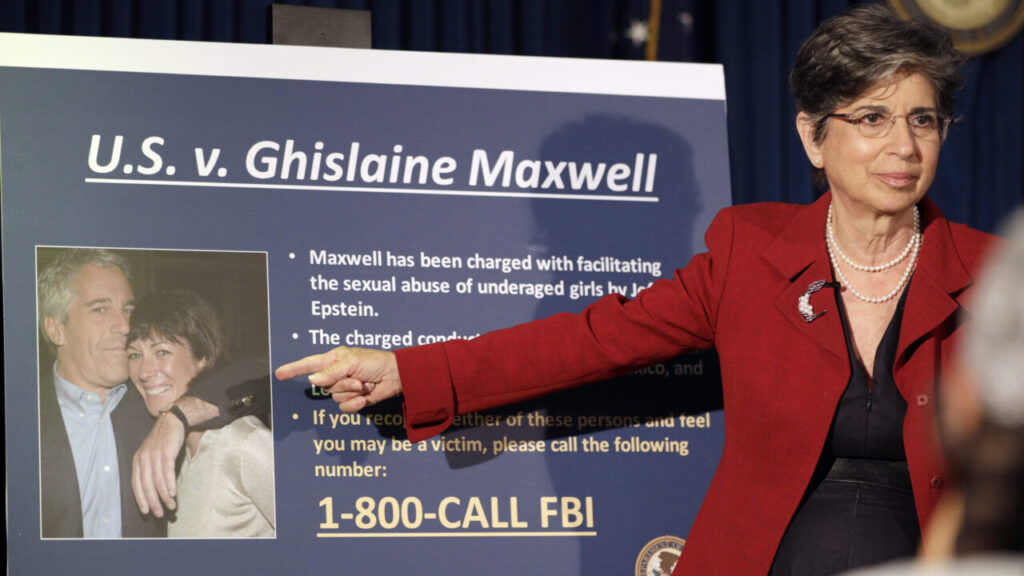
Why Is Ghislaine Maxwell Being Pampered in Prison?
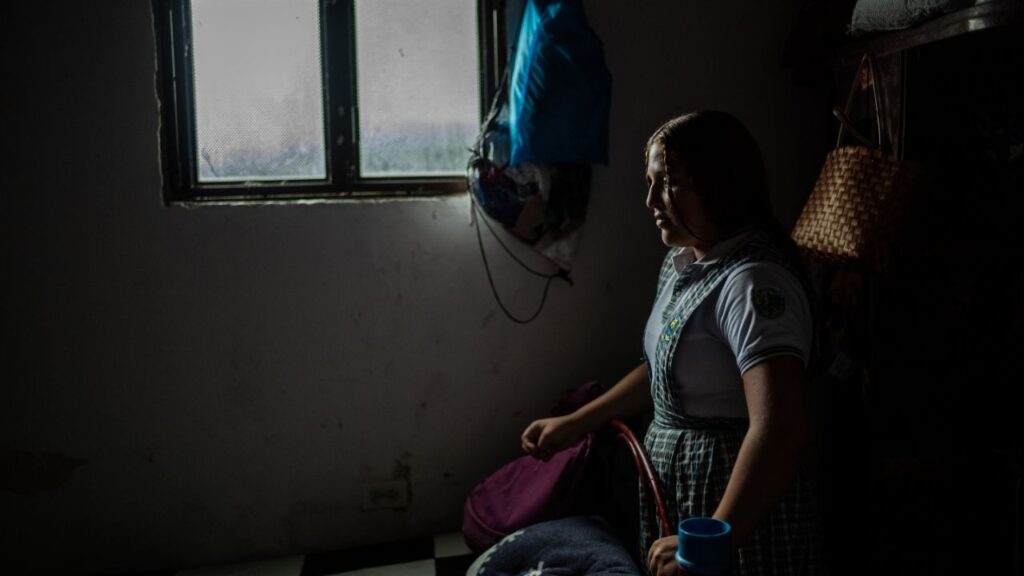
US Strike Kills 4 on Boat Trump Says Was Smuggling Drugs
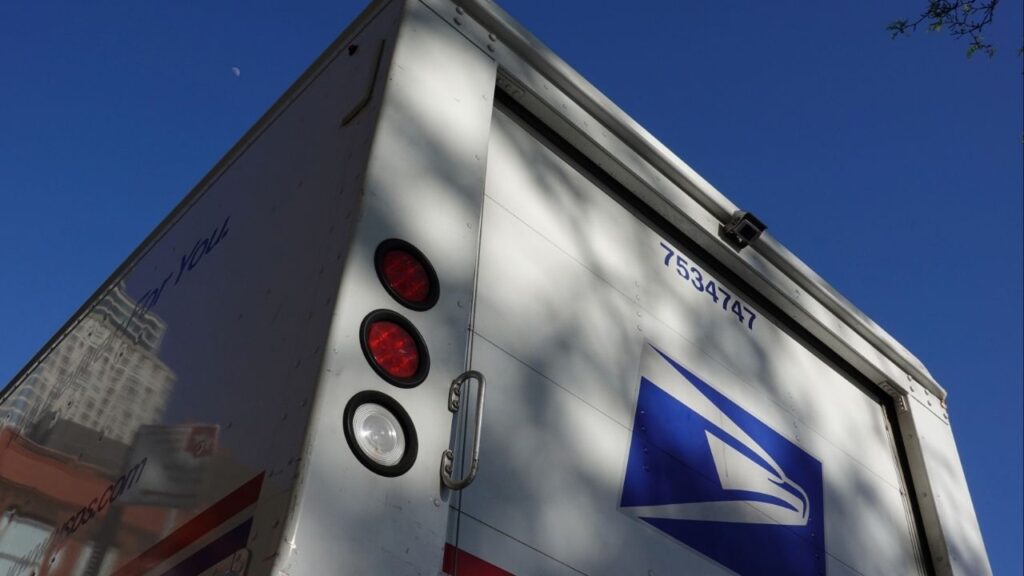
US Postal Service Seeks Reforms as It Reports $9 Billion Yearly Loss
